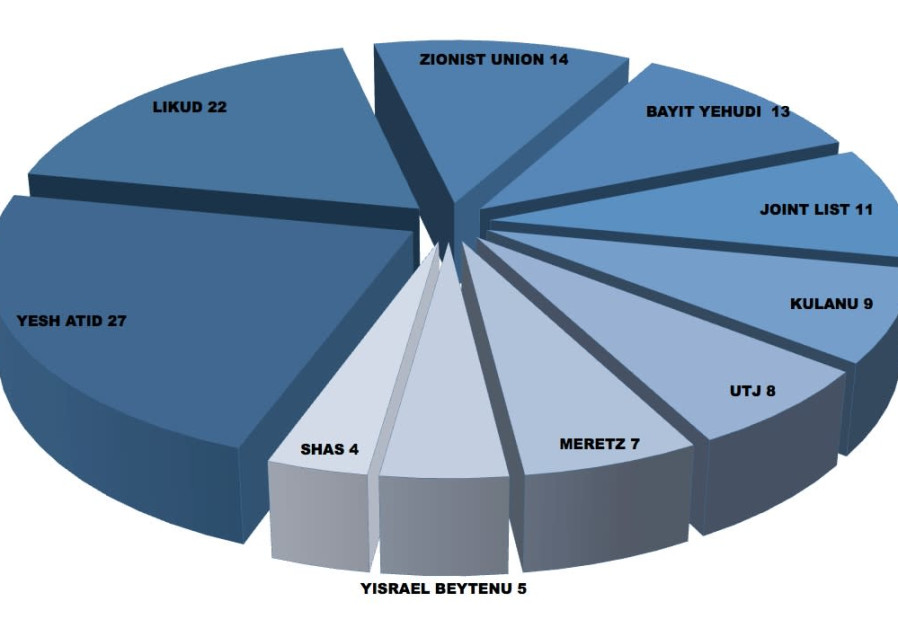
Poll: Yesh Atid soars far beyond Likud after Haredi Shabbat law vote
The spike in votes for MK Yair Lapid’s party can likely be credited to matters of religion and state driving the agenda in recent weeks, particularly concerning the Minimarkets Law.
